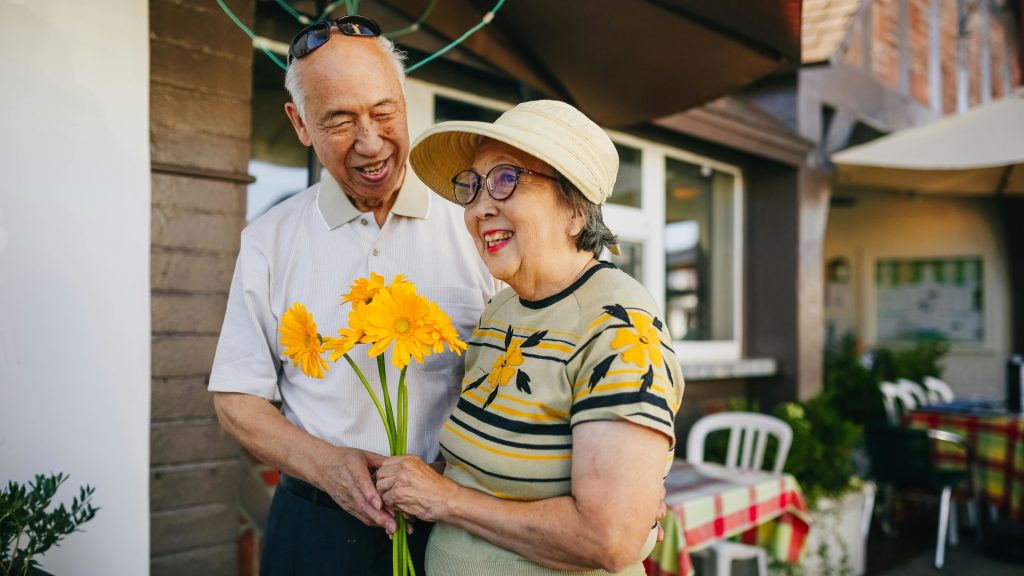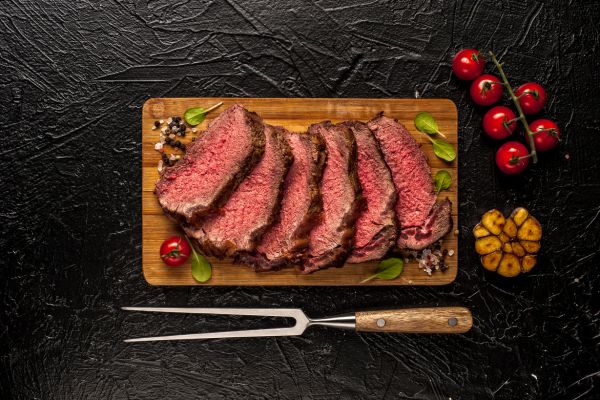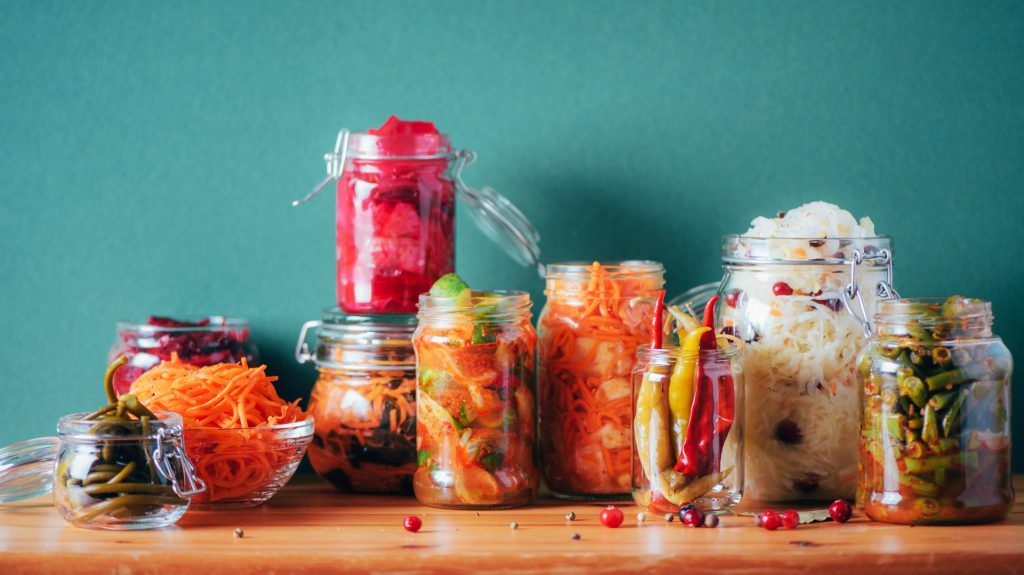At Eat for Life, we’re passionate about improving health through simple, science-backed nutrition. Maintaining proper nutrition becomes increasingly important as we age, especially regarding essential vitamins and minerals. One such nutrient is zinc, which is key to overall health and wellness, particularly for older adults.
If you live in Pinehurst or nearby areas like Southern Pines or Aberdeen, you may be familiar with the challenges of aging and maintaining a healthy lifestyle. Zinc supplementation is one way to support your health as you age, as is fortifying your diet with zinc-rich foods. We’re here to explain how zinc can help and why it’s essential for older adults.
Why Zinc is Important for Older Adults
Zinc is an essential mineral that supports a variety of functions in the body, from immune support to cognitive health. While zinc supplementation can be beneficial, it’s important to note that excessive intake can lead to adverse effects, so we encourage you to speak with our professionals before starting any new supplement regimen. As we age, our bodies may not absorb or utilize zinc as effectively as they once did, making supplementation even more crucial. Here’s how zinc can benefit older adults:
1. Boosts Immune System Function
Zinc is vital for maintaining a healthy immune system. It helps the body fight off infections and heal wounds more efficiently. As we age, our immune systems weaken, making us more susceptible to illnesses. Zinc supplementation helps bolster your immune defenses, keeping you healthier and more resilient.
2. Supports Brain Health and Cognitive Function
Zinc is critical for brain function, especially memory and cognitive processing. Studies have shown that adequate zinc levels can support mental clarity and reduce the risk of cognitive decline, a concern many older adults face. Supplementing with zinc may help improve focus and cognitive performance, helping to keep one’s mind sharp as one ages.
3. Improves Skin Health and Healing
Zinc is also crucial for skin health. It helps maintain the integrity of your skin and promotes wound healing. This is particularly important for older adults, as our skin becomes more fragile with age. Zinc can help prevent skin infections and support the healing of cuts, abrasions, and other injuries.
4. Maintains Healthy Vision
Zinc is found in high concentrations in the eyes and plays a crucial role in maintaining healthy vision. It helps our bodies absorb Vitamin A, which is essential for proper vision. Zinc supplementation can reduce the risk of age-related macular degeneration, a leading cause of vision loss in older adults.
5. Promotes Healthy Hormonal Balance
Zinc helps regulate several hormones in the body, including those involved in mood regulation. Older adults often experience changes in hormone levels that can affect mood and energy. Zinc supports healthy hormonal function, which can help maintain a more balanced mood and higher energy levels throughout the day.
Foods Rich in Zinc That Are Easy to Digest
Zinc supplementation is beneficial, but it’s always best to get nutrients from whole foods when possible. Fortunately, many zinc-rich foods are easy to digest and can easily be incorporated into the daily diet. Here are some options that are gentle on the digestive system:
- Red Meat: Beef and lamb are excellent sources of zinc. Grass-fed red meat is both leaner and easier to digest than conventional meat. These proteins blend easily into various meals while providing additional important nutrients like vitamin B12, iron, omega-3 fatty acids, and CLA (conjugated linoleic acid). Recommended cuts include tenderloin, ribeye, and flank steak.
- Turkey: Turkey breast is also an excellent source of zinc. It’s lean and extremely versatile. I prefer to incorporate it when red meat isn’t an option.
- Seafood: Although oysters are very high in zinc, I don’t recommend them because they can cause adverse reactions.
- Seeds: Pumpkin seeds are tasty and easy to snack on. When sprouted, they’re gentle on the stomach and offer a quick, nutritious option.
- Legumes: Legumes like Virginia peanuts and natto (fermented soybeans) are excellent sources of zinc. Natto is particularly beneficial for older adults with sensitive digestion. However, I only recommend organic natto and avoid other soy products.
- Eggs Yolks: A highly digestible source of zinc, eggs can be prepared in various ways and are soft on the stomach.
Incorporating these foods into your daily meals can help maintain zinc levels without the need for supplements. If you have difficulty digesting certain foods, consult with our nutritionist to find the best sources that fit your needs.
Signs You Might Not Be Getting Enough Zinc
While zinc is essential for good health, it can be challenging for older adults to know when they’re not getting enough. Here are some common signs that your zinc levels might be low:
- Frequent Infections: Zinc is crucial for a healthy immune system. If you notice that you’re getting sick more often, it could be a sign of zinc deficiency.
- Gut Inflammation: Zinc is required to maintain a healthy gut microbiome because it helps create important enzymes—including pancreatic enzymes that support stomach acid production and liver enzymes essential for detoxification.
- Slow Wound Healing: Zinc helps repair tissues and promote healing. If cuts and bruises take longer to heal, it may be due to a lack of zinc.
- Changes in Taste or Smell: Zinc is involved in the senses of taste and smell. A zinc deficiency may decrease one’s ability to taste or smell food properly.
- Hair Loss: Zinc helps support healthy hair growth. A lack of zinc can contribute to hair thinning or hair loss.
- Poor Appetite: Zinc influences appetite regulation. If you notice a decreased appetite, it might be linked to low zinc levels. A lack of taste for animal protein may also indicate a zinc deficiency.
- Skin Issues: Dry, flaky skin or frequent rashes may indicate a zinc deficiency, as the mineral is crucial for maintaining skin health.
If you’re experiencing any of these symptoms, it may be time to assess your zinc intake and consider supplementation or food adjustments.
Why Choose Eat for Life for Zinc Supplementation Guidance?
At Eat for Life, we focus on helping our clients live their healthiest lives, especially as they navigate the unique nutritional needs of aging. With years of experience in the field of nutrition, we understand how important it is to make informed decisions about supplementation.
We provide personalized guidance on incorporating zinc into your diet and whether supplementation is proper for you. Our practical approach means we work with you to ensure that the foods and supplements you choose fit seamlessly into your daily routine, providing you with the support and guidance you need to make healthy choices.
Our services are readily available to individuals in Pinehurst and surrounding areas, and we pride ourselves on offering straightforward, easy-to-understand advice. We believe in empowering our clients to make the best decisions for their health without being overwhelmed by complicated diets or programs. You can rest assured that we are here for you and ready to work with you to find the best choices for your overall health.
To learn more about zinc deficiency, check out my High Zinc Cookbook—it’s a great way to begin your healing journey.
Start Supporting Your Health with Zinc Supplementation Today
If you want to improve your health and well-being through zinc supplementation, Eat for Life is here to help. Whether you’re seeking to boost your immune system, support brain health, or improve your skin, we’ll guide you through choosing the right supplementation plan for your needs.
Sign up for a free consultation today to start your journey towards better health. Let us help you feel your best every day!









